Gulf investors target Africa
- MEED
- 03 April 2009
African states have actively encouraged Gulf investors into areas like agriculture, seeing them as a useful counterweight to China’s influence.
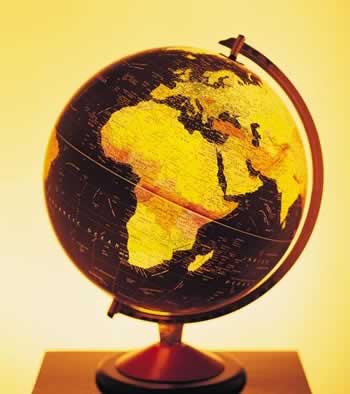
African states have actively encouraged Gulf investors into areas like agriculture, seeing them as a useful counterweight to China’s influence.
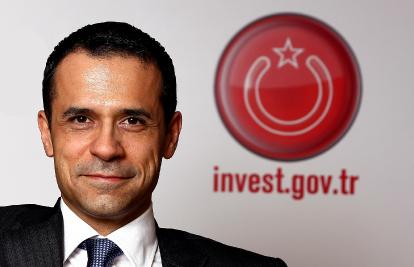
The Kenyan government is considering leasing a large tract of land in the Tana River Delta in eastern Kenya to Qatar's government. In return, Qatar would build a port in the seaside town of Lamu.
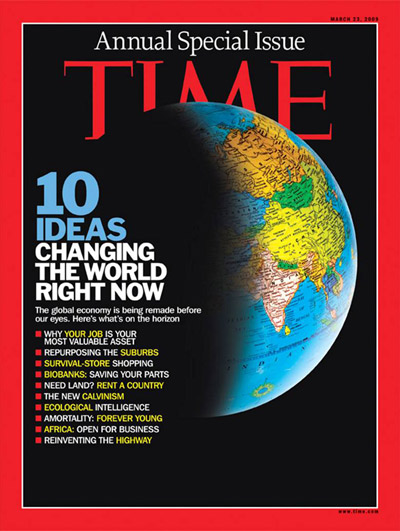
Growing crops for strangers, of course, is nothing new. The long, grim march of colonialism was driven by Europe’s penchant for sugar, tea, tobacco and other crops that don’t flourish in northern climes. But as climate change and growing populations put ever more pressure on the earth, state-backed searches for land and food contracts as part of a national food-security strategy strike many as fundamentally new.
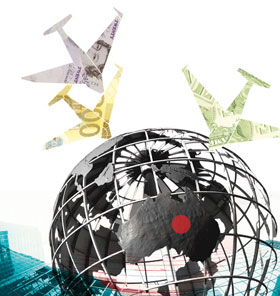
Qatar's sovereign wealth fund will turn its focus to commodities - particularly food and energy - in the second half of 2009, a senior official said yesterday.

Cambodia's traditional sectors are foundering in the wake of the global financial crisis, but the Kingdom's farmlands could bring billions from Middle Eastern countries seeking food security.

Could the Middle East become a significant new source of offshore investment in Australia’s extensive northern cattle industry?
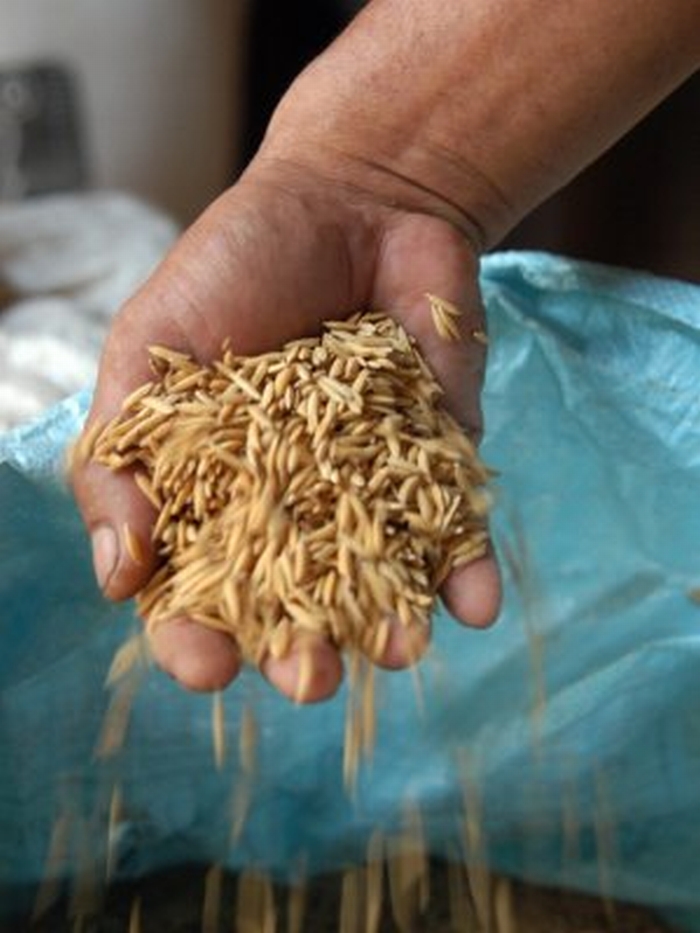
Perhaps the UN’s hand-wringing is just sentimental. Deals will be done and the rush to buy land has begun in Europe, too.
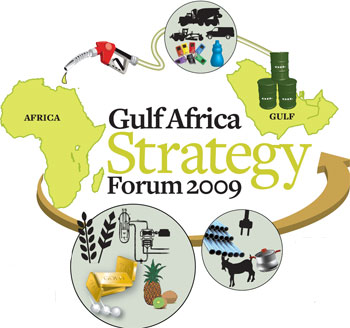
Investors of State of Qatar have expressed their interest for making investments in agriculture and fisheries sectors in coastal areas of Balochistan, and they will soon set up their industrial, agricultural and trade units in the coastal areas of the province.
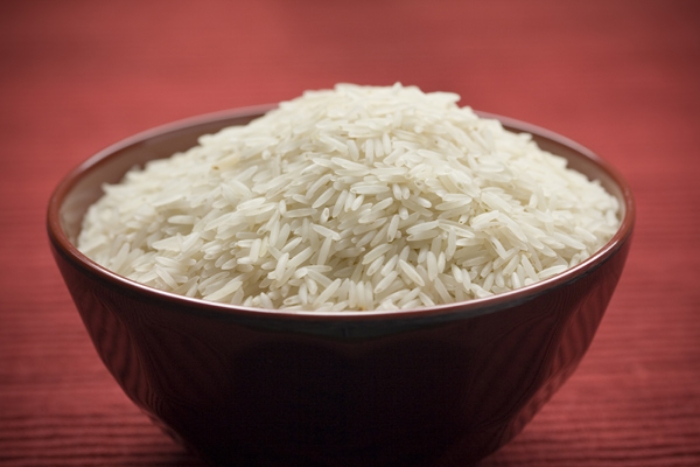
With vast tracts of land being sold in Madagascar, and Sudan and other African governments actively seeking investors in agricultural land, are we witnessing a neo-colonial land grab or will the investment result in greater food productivity to the long-term benefit of recipient nations?
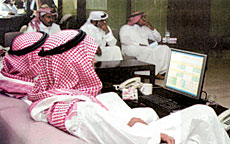
While I am all for infrastructure projects, the way these large-scale agriculture projects are being conceived leaves a lot to be desired. One, they are shrouded in secrecy. Two, this being Kenya, it is not clear who will benefit most.
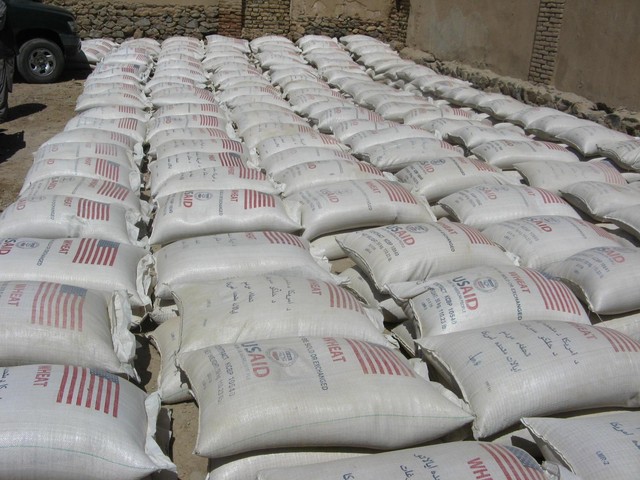
Saudi Arabia and the UAE are worldwide leaders in buying farmland in third-party countries, followed by China and Japan, says the World Bank.
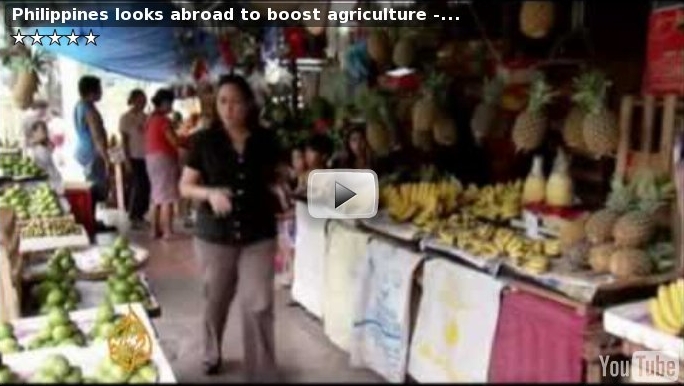
"We are trying to promote Qatari investment in [Sri Lanka's] farm sector.”
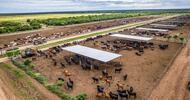
|
Paraguay: Huge beef farm hits market
|

|
Obsolètes, les réformes agraires ?
|